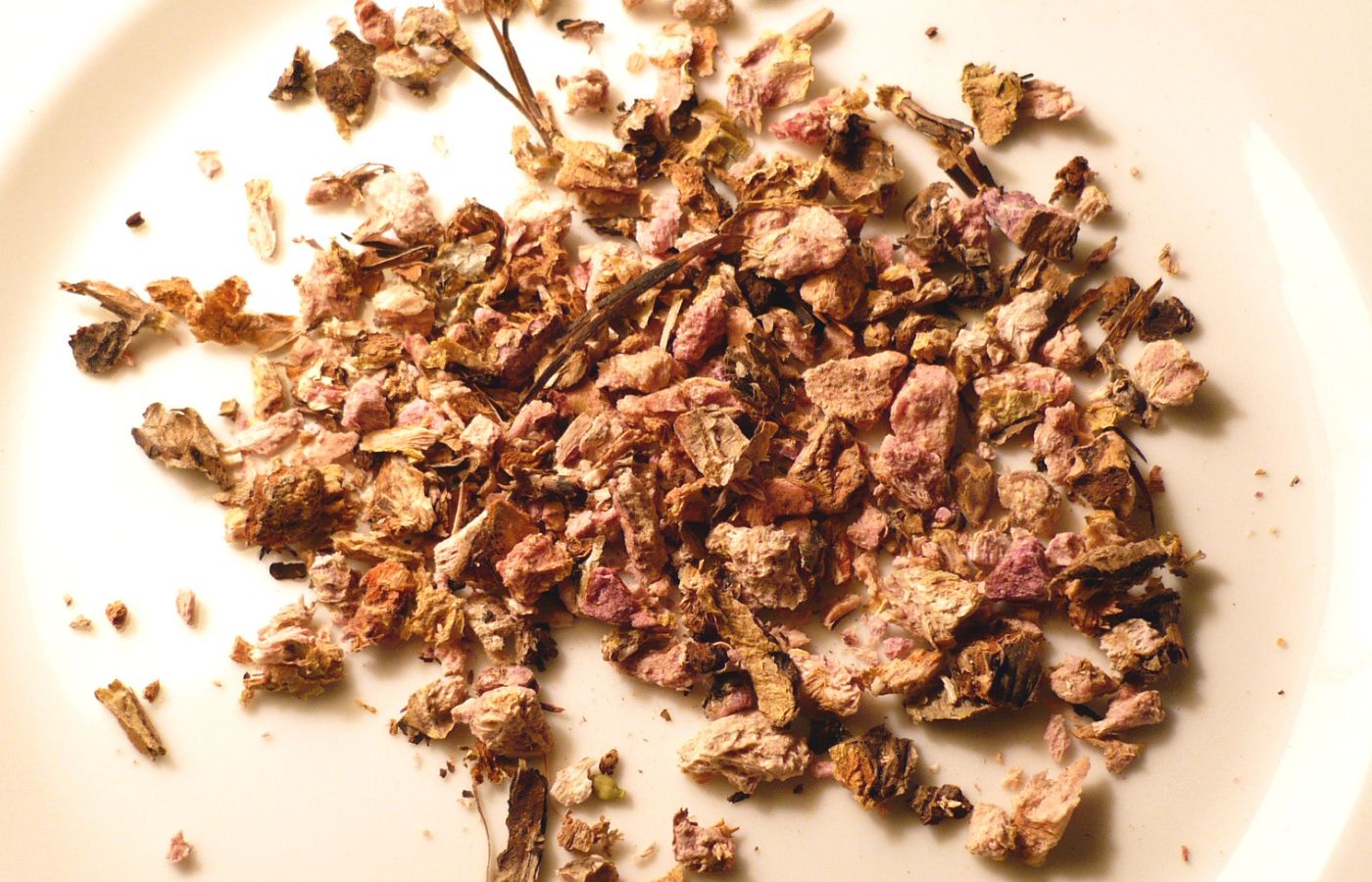Stress is a part of modern life, building in traffic, stacking in your inbox, and lingering long after work hours. Over time, it can wear you down physically, mentally, and emotionally. Adaptogens—herbs and roots used for centuries in traditional systems like Ayurveda and Traditional Chinese Medicine—are getting attention as a natural way to help the body handle stress. They’re not miracle cures, but they may help restore balance, support energy, and improve resilience over time.
When Adaptogens Can Help—and What They Really Do
To be classified as an adaptogen, a plant must meet three criteria: it should help the body maintain internal balance (homeostasis), work gently without overstimulating or sedating, and be non-toxic at typical doses. In other words, adaptogens are meant to help your body respond more effectively to stress, rather than overreact to it. They’re typically taken over weeks or months to encourage long-term recovery and stability rather than provide instant results.
How Adaptogens Work—and the Most Popular Options
Your stress response is governed by the HPA axis, a network involving the hypothalamus, pituitary gland, and adrenal glands. This system regulates cortisol, your body’s main stress hormone. When stress is chronic, the HPA axis can become dysregulated, leading to symptoms like fatigue, brain fog, anxiety, and burnout. Adaptogens appear to support this system by moderating cortisol output and improving the body’s ability to adapt to stress.
Different adaptogens have different strengths. Ashwagandha, for example, is often used for reducing anxiety, improving sleep, and lowering cortisol levels. Rhodiola rosea has a reputation for improving focus and reducing fatigue, making it a favorite for mentally demanding work. Holy basil, also called tulsi, supports mood and immunity while helping stabilize blood sugar—often enjoyed as a calming tea. Eleuthero, sometimes referred to as Siberian ginseng, can increase endurance and stamina, especially during physically or mentally demanding periods. Maca root, while more energizing than calming, can boost mood, support hormone balance, and improve libido.
For more information about herbs, check out our guide Hydration Isn’t Just About Water: Electrolytes, Herbal Teas, and More.
While early research is promising—particularly for ashwagandha and rhodiola—adaptogens are not a replacement for adequate sleep, nutritious food, and regular physical activity. They work best as part of a broader wellness plan rather than as a stand-alone fix.
Safe, Effective Ways to Try Adaptogens
Most adaptogens are considered safe for healthy adults when used as directed, but that doesn’t mean they’re risk-free. It’s always wise to consult a healthcare provider before starting, especially if you take medication, have a health condition, or are pregnant or breastfeeding. Different adaptogens can interact with certain drugs or medical conditions, so professional guidance matters.
If you decide to try them, start with a clear goal—do you want more energy, better sleep, or stress support? Choose one adaptogen that aligns with that goal, rather than starting several at once. This makes it easier to track how it affects you. Consistency is key, so pick a format you’ll actually use: capsules for convenience, powders for smoothies or coffee, teas for a calming ritual, or tinctures for fast absorption.
Take your chosen adaptogen daily for at least a few weeks before deciding whether it’s working. Look for subtle shifts—like feeling more alert in the morning, sleeping more soundly, or staying calmer during stressful situations. If you notice positive changes, you can decide whether to continue, rotate to a different adaptogen, or combine it with other supportive habits.
Adaptogens aren’t magic, but they can be a valuable tool for building resilience in a world that doesn’t slow down. Think of them as one piece of a bigger puzzle—alongside sleep, movement, nutrition, and stress management. When used thoughtfully and consistently, they may help you navigate challenges with steadier energy, a calmer mind, and a stronger sense of balance.



